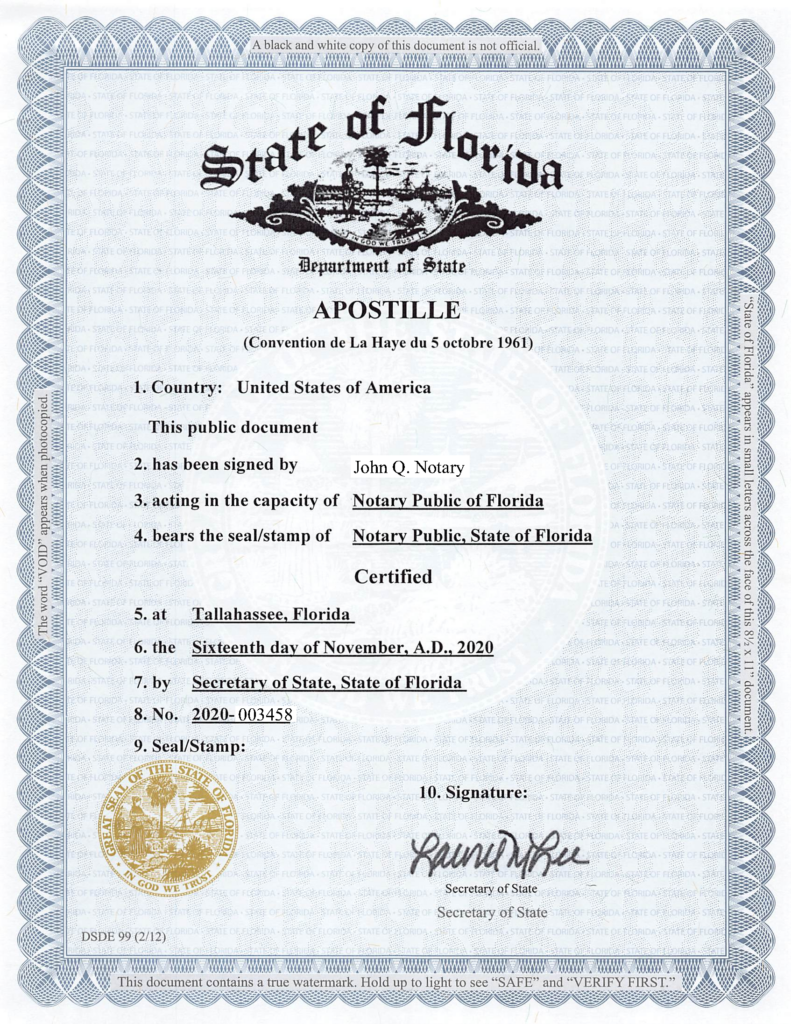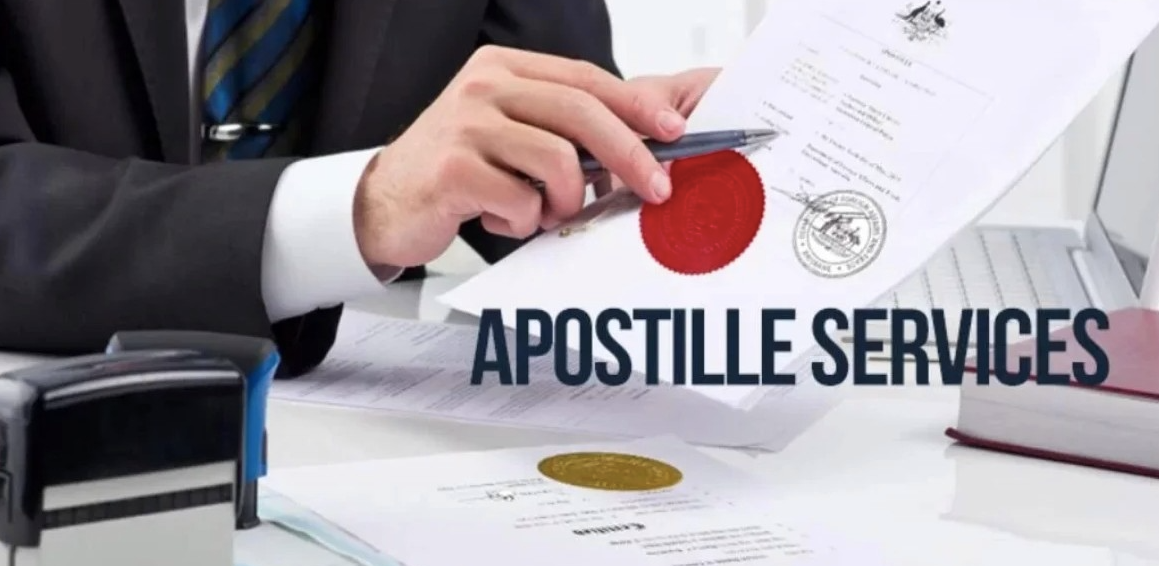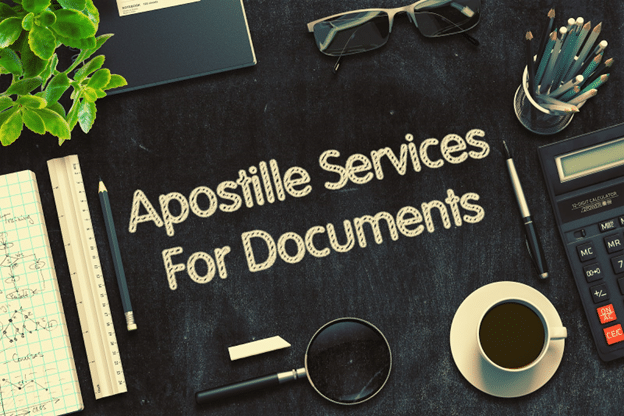Unveiling the Crucial Duty of Apostille in Simplifying International Paper Validation Procedures
In the world of worldwide affairs, the recognition of files holds paramount importance. Among the web of bureaucratic treatments and varying lawful demands across various countries, the duty of apostille arises as an essential facilitator in streamlining the procedure. By affixing an apostille to a record, it goes through a streamlined validation that is recognized across numerous countries, thus reducing the concerns linked with cross-border paper verification. As we delve right into the complexities of this specialized qualification, the nuances in between apostille and traditional recognition methods come to light, losing a new viewpoint on the efficiency and efficiency of this crucial yet commonly overlooked process.
Recognizing Apostille Essentials
In the world of paper validation for international use, understanding the essential principles of apostille authentication is crucial. An apostille is a specialized certification that validates the credibility of a paper for use in foreign nations that are component of the Hague Apostille Convention.
Apostilles are frequently provided for important records such as birth certifications, marital relationship certificates, and academic records. The crucial elements of an apostille include the name of the country where it was released, the name of the person signing the record, the capability in which the person authorized the paper, the seal or stamp of the issuing authority, and the day of issuance. By recognizing these essential aspects of apostille authentication, individuals and organizations can browse the complexities of global paper validation with self-confidence and efficiency.
Advantages of Apostille for Validation

In addition, the apostille simplifies the confirmation process by giving a standardized certification that validates the credibility of the file, such as birth certifications, marriage licenses, notarized actions, and academic transcripts. This standard format minimizes the risk of being rejected due to unfamiliarity with international documents, therefore enhancing the effectiveness of cross-border purchases.
Furthermore, the apostille aids in eliminating the requirement for numerous layers of verification by federal government authorities, as the apostille itself signifies the paper's legitimacy. This not only speeds up the record validation process however additionally reduces the linked expenses and governmental obstacles, making it a hassle-free and cost-effective solution for companies and individuals participating in global activities.
Streamlining Cross-Border Document Authentication
Helping with the validation of papers throughout global borders, the apostille procedure works as a structured and universally recognized method for verifying different types of official documents. Simplifying cross-border record authentication, the apostille eliminates the need for typically challenging and prolonged validation procedures generally required when presenting files in foreign countries. By affixing an apostille to a record, the releasing nation accredits the authenticity of the document, making it conveniently appropriate in other countries that belong to the Hague Apostille Convention. This standard process substantially minimizes the time and effort entailed in confirming the legitimacy of official documentation, promoting effectiveness and simplicity of worldwide transactions.
Additionally, the apostille system enhances the protection and dependability of cross-border document validation by giving a transparent and globally accepted device for confirming the legitimacy of documents. This simplification of verification refines not only advantages people and companies looking for to run internationally yet also promotes smoother interaction and site collaboration between nations by ensuring the dependability of common documentation.
Significance of Apostille in Legalisation

Apostille guarantees that legal records such as birth certifications, marriage certificates, powers of lawyer, and court files are recognized and approved in international jurisdictions. The apostille procedure reduces the governmental obstacles and time-consuming treatments generally linked with paper legalization, making global deals extra reliable and lawfully binding.
Apostille Vs. Conventional Validation Methods
Contrasting apostille with standard recognition techniques reveals unique distinctions in the effectiveness and simpleness of file verification procedures for international usage. Apostille, as a streamlined and standard approach established by the Hague Convention, uses a more simple strategy to verifying records contrasted to traditional techniques. Traditional validation procedures often include numerous steps, including registration, certification by government authorities, and consular legalisation, which can be difficult and taxing.
Apostille, on the other hand, simplifies this procedure by licensing documents with a single apostille certificate released by a skilled authority in the nation where the record originates (Houston TX Apostille). This certificate is acknowledged by all participant nations of the Hague Convention, removing the need for further embassy legalization. As an outcome, apostille dramatically reduces navigate to these guys the time and effort required for file validation, making it a favored selection for people and companies go associated with global purchases
Verdict
Finally, apostille plays an essential duty in simplifying worldwide file recognition processes by supplying a standardized technique of verification that is acknowledged throughout participating nations. By streamlining the legalization procedure, apostille eliminates the requirement for multiple layers of recognition, lowering time and expenses linked with cross-border document authentication. This reliable system benefits individuals and companies looking for to use foreign records for legal functions, making certain smoother international deals.
By fastening an apostille to a document, it goes through a streamlined recognition that is identified across various countries, hence easing the concerns connected with cross-border paper verification. Streamlining cross-border document authentication, the apostille gets rid of the requirement for extensive and often complex validation procedures generally needed when providing papers in international nations. By fastening an apostille to a record, the providing nation licenses the credibility of the document, making it readily appropriate in various other countries that are component of the Hague Apostille Convention. By fastening an apostille to a record, the providing country accredits the authenticity of the signature, seal, or stamp on the document, making it legitimate for usage in an additional participant country of the Hague Apostille Convention without the requirement for additional legalisation.
